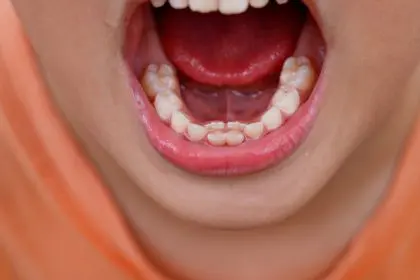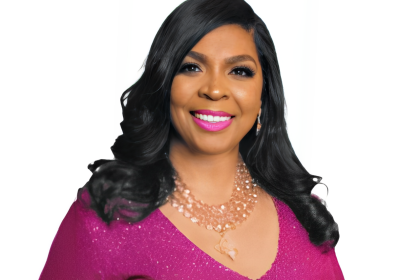Pat Bailey is a caregiver coach and a certified dementia care practitioner who focuses on both the awareness and research of Alzheimer’s disease. As the founder of PBailey Enterprises Group, she helps to conduct the Healthy and Aging Brain Study previously known as the Black Alzheirmer’s Brain Study.
Bailey explained how Alzheimer’s disease affects the brain.
Why do Black and Brown people suffer from Alzheimer’s at higher rates than Whites?
Right now, we do not know exactly why Alzheimer’s impacts both our Black and Brown sisters and brothers more than non-Hispanic Whites. What we do know though is there are major biomarkers that may actually impact us more. Think about the brain and its overall requirements. I’m a layperson in this space. Mind you, I’ve been coaching for a number of years in the space of caregiving, Alzheimer’s, and aging. It stands to reason that we’re talking about vascular disorders associated with hypertension, or high blood pressure. We’re talking about diabetes, menopause, sleep deprivation, racial discrimination, genetics, environmental stress, and mental health. When you talk to Blacks today, as we just came through COVID, I’m just convinced that at some point in time, we may be able to get peace from this particular disease that so aggressively hit our families. … Racial discrimination is also very powerful. When we go to the doctor, and we speak to the issue of memory loss, is there really clarity and understanding?
How does Alzheimer’s impact patients?
I want people to recognize that Alzheimer’s is a disease that impacts your cognition skills. That means it’s your math skills, it is your basic fundamental living skills, and how you draw and come up with decisions. It’s your ability to get lost and you may not be able to track your way back. For people who are in accounting, I call it the LIFO system. That means the last in, the first out. That means the memory that you have that’s explicit, that sits in the hippocampus, is the memory you lose last as opposed to something where you may go in the doctor’s office and they’ll give you three words to remember, and they are expecting you at some point in that discussion to recall that. In this instance, you become repetitive, you become a little bit I would say argumentative at times because people are showing you you’re different. Mental Health Awareness is a little bit under a different lane, I would ask us all to be mindful that yes, Alzheimer’s comes with depression. In this instance, I believe all of us should have access to a mental health professional to balance out our dialogue between memory loss, [and ask ourselves], “Am I suffering from some sort of depression or overall?”















